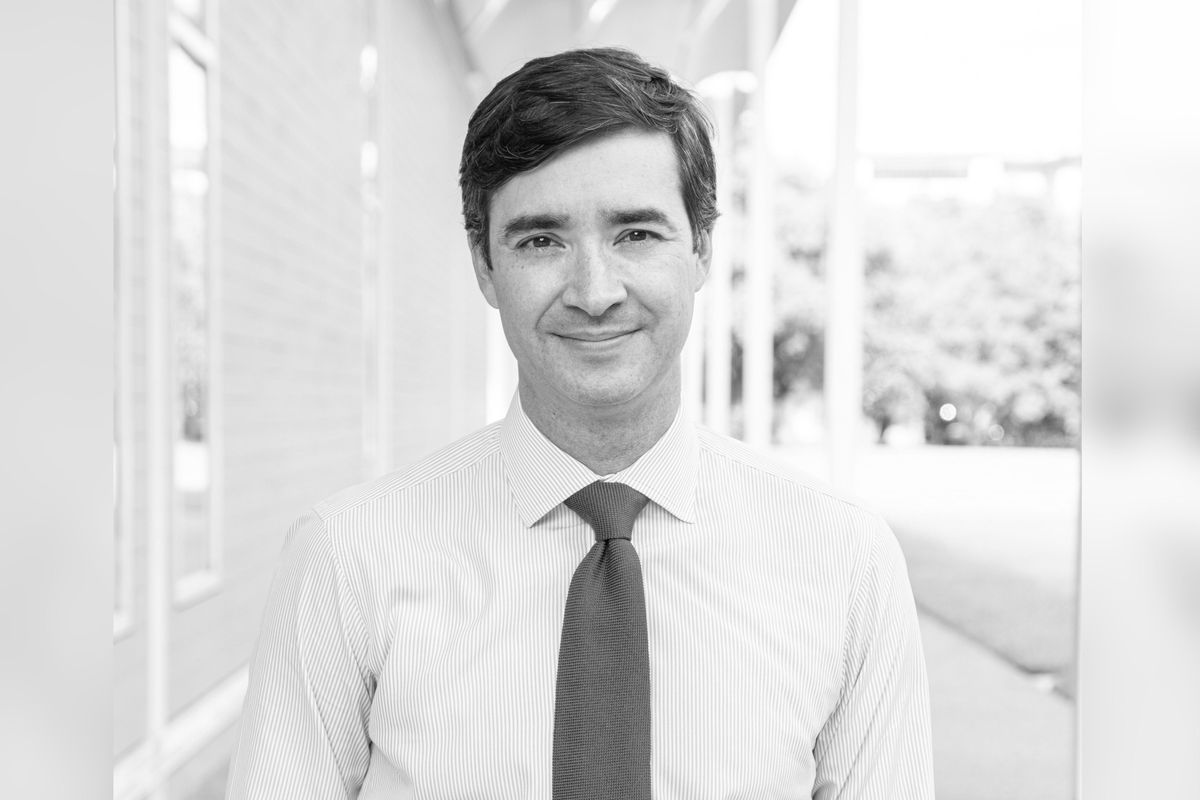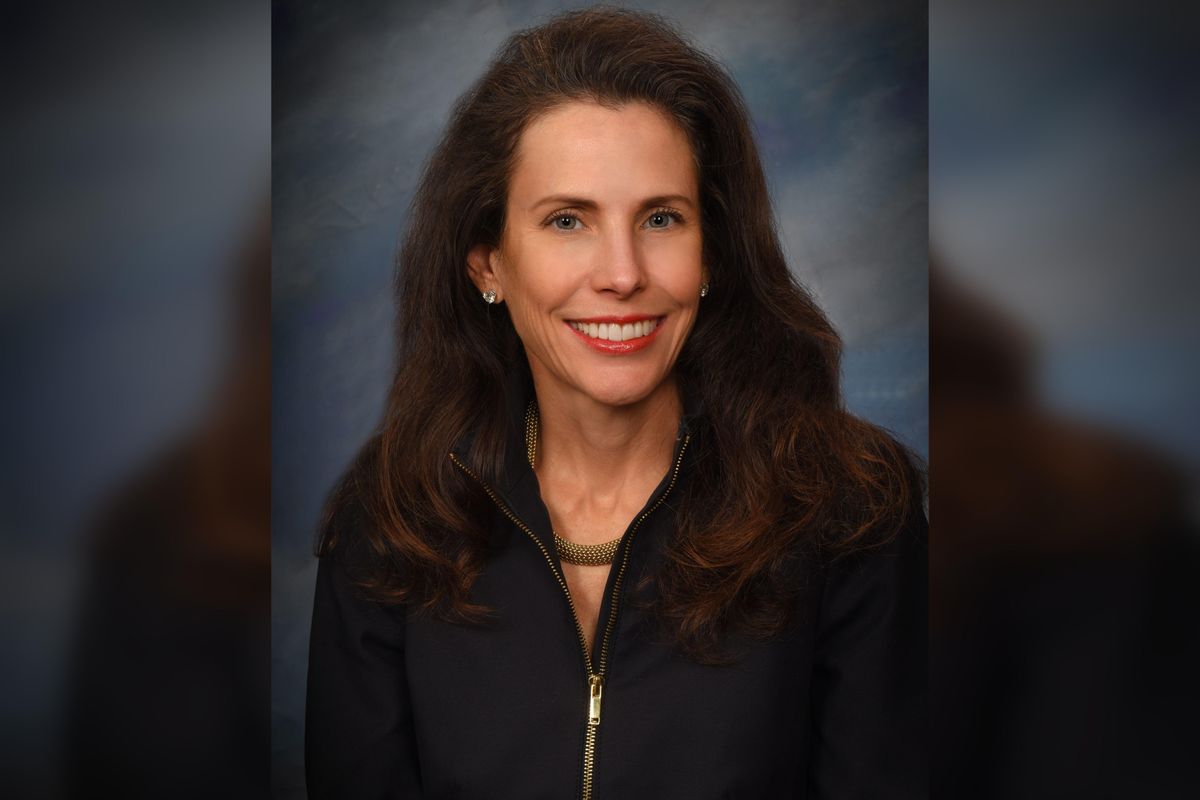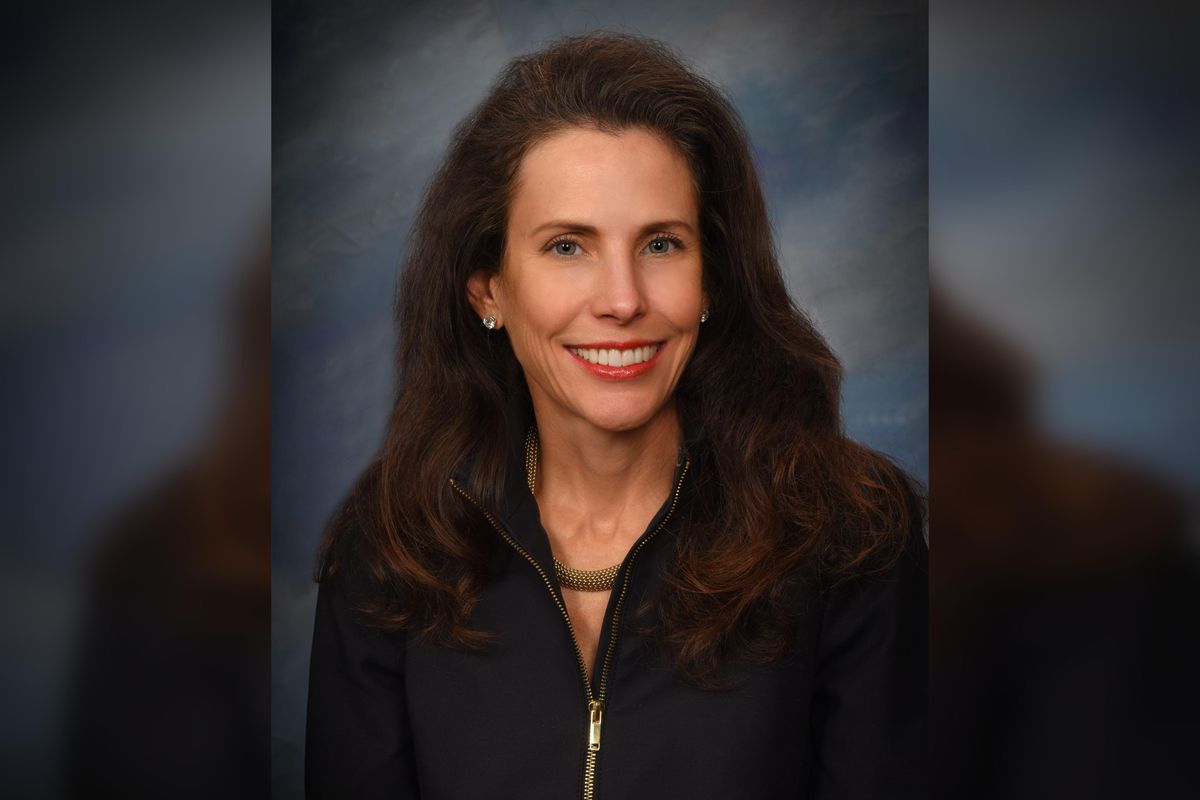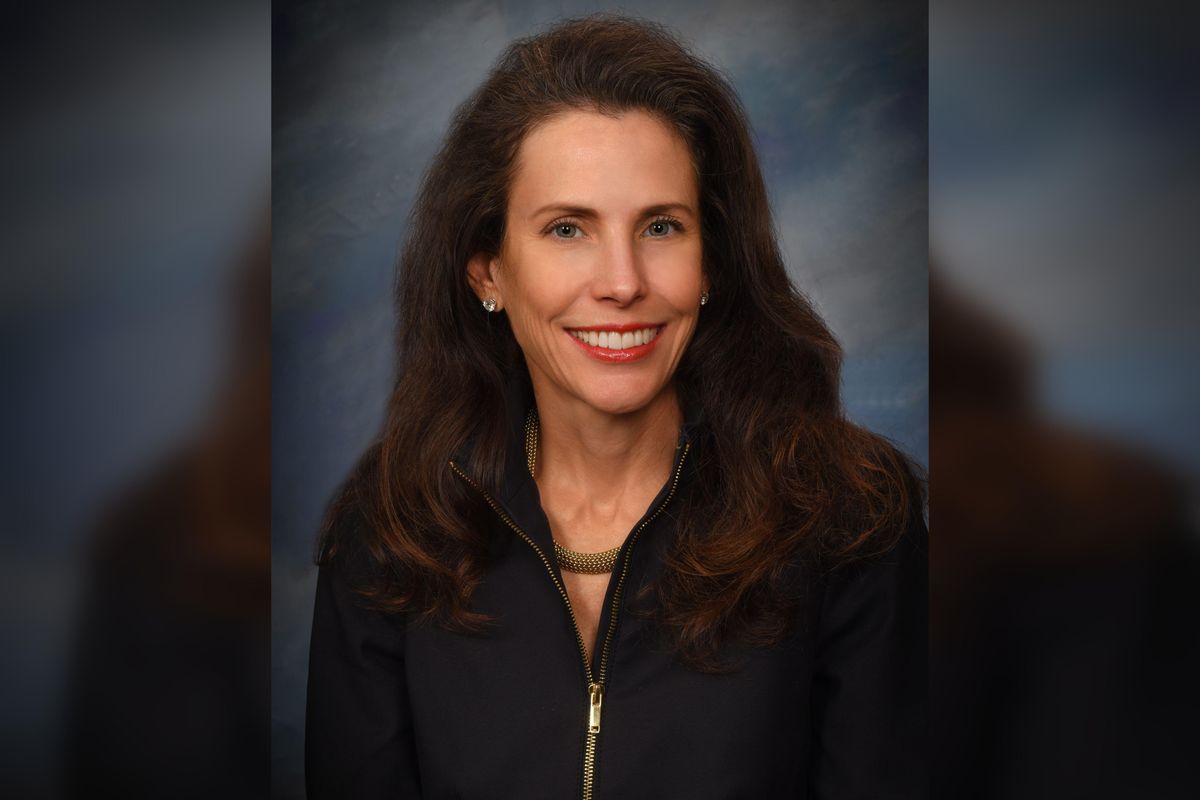A longtime energy executive has been named the next president and CEO of the Greater Houston Partnership. He'll take on the new role this fall.
The GHP named Steve Kean, who currently serves as the CEO of Kinder Morgan Inc., to the position. He's expected to transition from CEO to board of directors member at Kinder Morgan on August 1. Kean will then assume his new position at GHP no later than Dec. 1.
Dr. Marc L. Boom, GHP board chair and president and CEO of Houston Methodist, made the announcement at a press conference June 21.
“Steve brings incredible business acumen and leadership skills to the organization," Boom says in a statement. "Coupled with an extraordinary passion for Houston, he will build on the Partnership’s momentum to continue to advance greater Houston as a region of extraordinary growth and opportunity.”
The GHP's outgoing president and CEO, Bob Harvey, announced his retirement earlier this year, and will remain in his position until Kean is onboarded. Kean was selected via a search committee established by 2022 board chair, Thad Hill. The committee was chaired by Marc Watts and included Boom, Thad Hill, Paul Hobby, Gina Luna, Eric Mullins, Armando Perez, and Ruth Simmons. The process, which looked at over 70 highly-qualified Houston leaders, also included the services of Spencer Stuart to manage the search.
“This last decade has been a dynamic time for Houston and the Partnership," Harvey says in a statement. "As a life-long Houstonian, it has been an honor to focus my efforts on supporting Houston’s continued growth and working with the business community to create opportunities for all Houstonians. This is an exciting time for Houston. I am very pleased that Steve is enthusiastic about leading the Partnership, and I look forward to the organization’s continued success under his leadership.”
With decades in the energy industry, Kean joined Kinder Morgan in 2002 and has served as COO, president of Natural Gas Pipelines, and president of Kinder Morgan Inc. before rising to CEO. He received a bachelor's degree from Iowa State University and his law degree from the University of Iowa.
“I’m grateful for the opportunity to serve our region in this role," he says. "I look forward to building on what Bob, the Board, members, and staff of the Partnership have accomplished. I know first-hand the opportunities that a vibrant business sector can create for people and communities. I look forward to expanding those opportunities further.”
- Greater Houston Partnership names former BP exec to lead energy transition ›
- Greater Houston Partnership leader to retire, executive search committee forms to find new CEO ›
- Emily Keeton of Loeb.nyc, Steve Kean of GHP, and Lacey Tezino of Passport Journeys are this week's innovators to know - InnovationMap ›




 Gina Luna, partner at GP Partners
Gina Luna is managing partner of GP Capital Partners. Photo courtesy
Gina Luna, partner at GP Partners
Gina Luna is managing partner of GP Capital Partners. Photo courtesy The supplement company is based in Houston. Photo via
The supplement company is based in Houston. Photo via 


 Apple doubles down on Houston with new production facility, training center Photo courtesy Apple.
Apple doubles down on Houston with new production facility, training center Photo courtesy Apple.